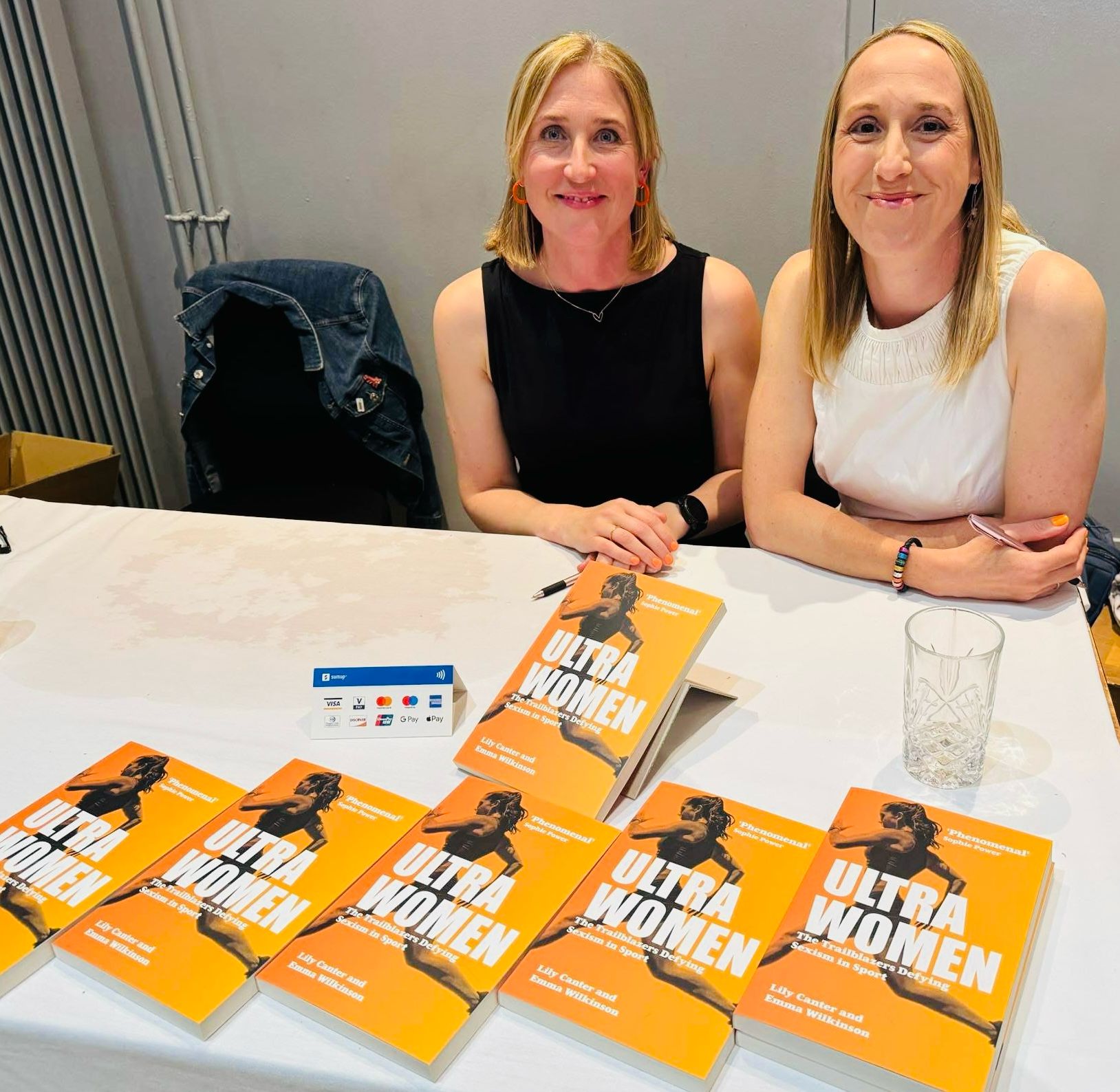It’s not just a book title—it’s a battle cry. Ultra Women, the latest firecracker of investigative journalism from endurance athletes and writers Lily Canter and Emma Wilkinson, hits bookshelves this May, and it’s rewriting everything we thought we knew about long-distance sport.
From ancient footraces to modern ultramarathons, Ultra Women lays bare the truth: not only are women matching men stride for stride—they’re beating them.
Drawing from two years of rigorous research and over 70 interviews with elite athletes, historians, and scientists, Canter and Wilkinson dive headfirst into the rarely explored terrain of female endurance.
This isn’t a polite nod to inclusion—it’s a full-blown exposé on the grit, grace, and gut-busting power of women who’ve quietly dominated ultra-endurance events while the sporting world largely looked the other way.
“We rarely hear their stories,” said Canter. “It has been extremely rewarding, and truly inspirational, to shine a light on these ultra women. But we have also been alarmed by the barriers women continue to face and the blatant sexism that exists in so many facets of ultra endurance sport today.”
And barriers there are. From prehistoric persistence hunting to Victorian pedestrianism and the frostbitten swims of Lynne Cox—who traversed Arctic waters in nothing but a swimsuit—Ultra Women traces a lineage of female athletes who have endured, excelled, and often been erased.
There’s Stamata Revithi, a poverty-stricken mother who snuck into the all-male 1896 Olympic marathon and finished it—without a medal or even a mention in the official records. Fast forward to Jasmin Paris, the British vet who conquered the 268-mile Montane Winter Spine Race while breastfeeding her child. No excuses. Just excellence.
Emma Wilkinson, a veteran health and science journalist, put it plainly: “Female athletes are often told they are ‘less than’ or their sporting achievements are secondary to men. We have been able to turn that narrative on its head.”
That head-turning is grounded not only in history but in cold, hard science. Ultra Women breaks down how fat metabolism, sleep deprivation tolerance, and mental resilience often tilt the endurance playing field in women’s favour. It’s not wishful thinking—it’s physiological fact, increasingly supported by data from labs and finish lines alike.
The book’s final chapter doesn’t just stop at celebration—it demands change. Canter and Wilkinson present a clear-eyed manifesto aimed at race organisers, sports scientists, and apparel makers, challenging the systems that still sideline female athletes today.
Martin Hickman, Managing Director of Canbury Press—the independent publisher with a nose for the timely and the trailblazing—was quick to spot the book’s firepower.
“This page-turning, action-packed book will hook both male and female readers as it unpicks the key differences between men and women in sporting performance,” he said.
“Playing out over a series of epic races, interspersed with the latest lab work, this is a kickass follow-up for anyone who marvelled at Invisible Women by Caroline Criado Perez.”
The credentials behind the words are no less compelling. Canter, a certified England Athletics coach and founder of Great Bowden Runners, competes in ultras herself when she’s not writing for The Guardian, Runner’s World, or Women’s Health. Wilkinson, whose bylines include The Sunday Times, BBC, The BMJ and The Lancet, is a hill-chasing science writer from Sheffield who prefers her fitness sweaty and steep.
So, what does Ultra Women offer? Perspective, power, and more than a few punches thrown at outdated ideas. It’s not just a book—it’s a reminder that when the terrain gets tough, women often go the distance… and then some.
Ultra Women: The Trailblazers Defying Sexism in Sport is published in May by Canbury Press, priced at £16.99 (B-format paperback).
If you’ve ever run, swum, cycled—or simply cheered from the sidelines—this one’s worth the read.





